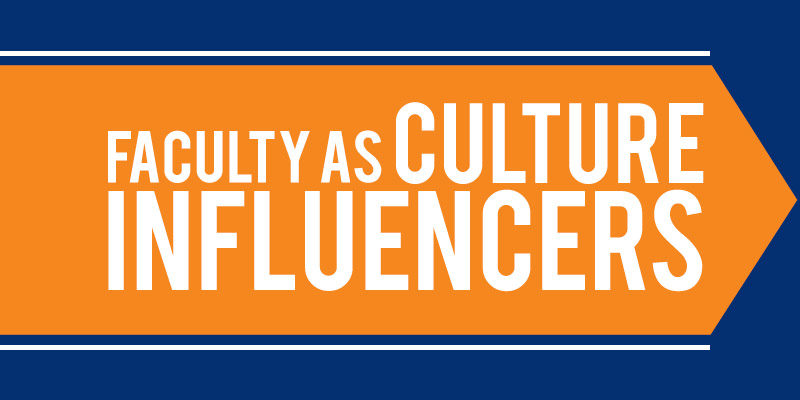 The volume which Dr. Joshua Farris co-edited and transcribed, entitled, “New England Dogmatics: A Systematic Collection of Questions and Answers in Divinity by Maltby Gelston (1766-1865)” was recently published with Wipf and Stock publishers. In this transcription, the systematic collection gives the reader exposure to one of the most important figures in New Divinity in the New England theological tradition of Jonathan Edwards. Maltby Gelston was a student of Jonathan Edwards Jr. and the present collection guides the read through some of the common and exotic theological ideas of religious education present in the New England tradition. The editors have also written a thorough introduction that exposes the reader, not only to the historical background and bio of Pastor Maltby Gelston, but it also paves the way for thinking about how one could retrieve from this tradition for constructive systematic theological purposes. New England Dogmatics
The volume which Dr. Joshua Farris co-edited and transcribed, entitled, “New England Dogmatics: A Systematic Collection of Questions and Answers in Divinity by Maltby Gelston (1766-1865)” was recently published with Wipf and Stock publishers. In this transcription, the systematic collection gives the reader exposure to one of the most important figures in New Divinity in the New England theological tradition of Jonathan Edwards. Maltby Gelston was a student of Jonathan Edwards Jr. and the present collection guides the read through some of the common and exotic theological ideas of religious education present in the New England tradition. The editors have also written a thorough introduction that exposes the reader, not only to the historical background and bio of Pastor Maltby Gelston, but it also paves the way for thinking about how one could retrieve from this tradition for constructive systematic theological purposes. New England Dogmatics
Dr. Farris has also co-written two blog articles. He has written a piece in Everyday Bioethics, which is a part of The Center for Bioethics and Human Dignity’s Intersections Project. In the article, the authors offer a reflection on one contemporary bioethical issues guided by Scripture and the incarnation of Christ to the issue of the treatment of embryos. The authors advocate for embryo adoption as a way to think about redemption for today.
Dr. Farris has also co-written a reflection on the nature of analytic theology. Analytic theology is a recent movement in contemporary theology that promises to bring clarity of thought to theological issues with the use of analytic philosophy by considering the metaphysics, epistemology, and philosophy of mind as applied to theology. Entering the conversation, the authors offer a distinct definition with the use of a home-builder analogy contrasted with the handmaiden of theology (i.e., philosophy) as one contribution to the ongoing discussions. The authors do not believe they have settled the discussion, but they have offered a new definition that requires additional reflection and engagement. Analytic Theology
There has been a growing interest in alternative theisms that describe God as somehow united with his creation as one. The recent trends in the alternative theisms attempt to bring God closer to world and to offer an account of the God-world relation that satisfies a set of desirables in the scientific community. Anyone familiar with these discussions, is aware that any talk of the soul or talk of God as intervening in the universe rejected nearly outright as acceptable positions in a scientifically informed theology. However, Dr. Farris raises one significant objection to one alternative form of theism called emergent-theism (i.e., where God somehow emerges from a suitably evolved world) and panentheism (i.e., where the world is somehow a part of God) and goes on to argue that as we are beings with minds that God is a mind similarly. European Journal of Science and Theology






